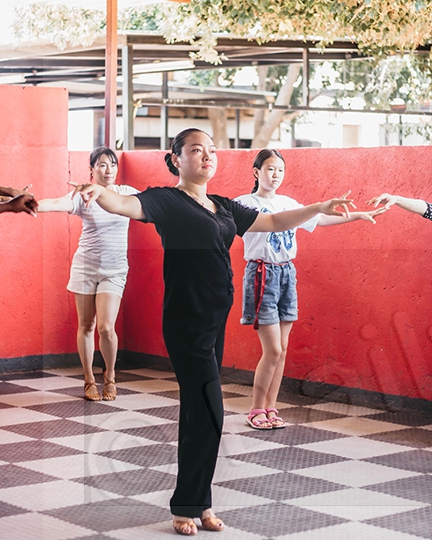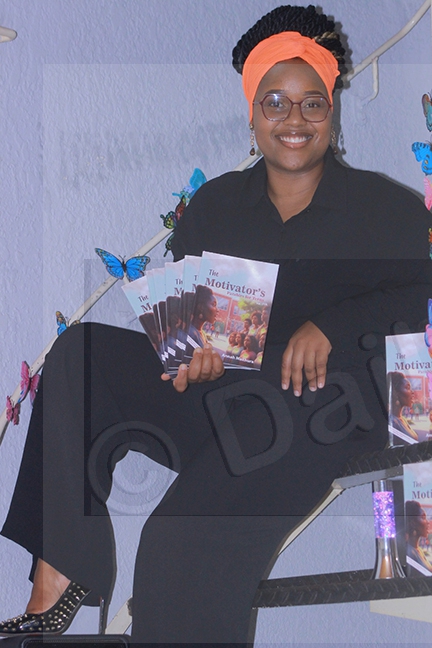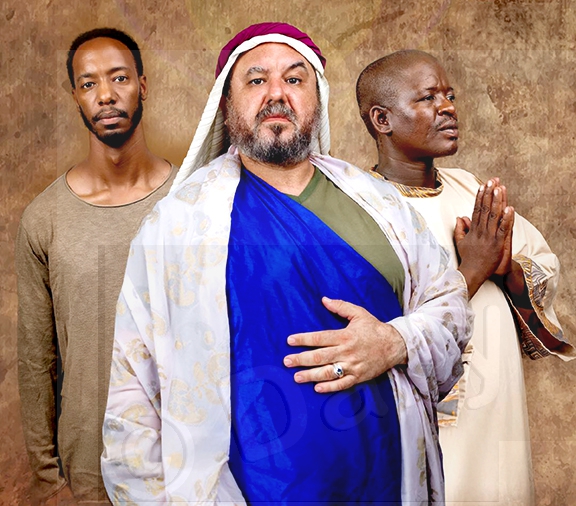Samokgotho finds solace in segwaragwara
07 Apr 2016
Gabatolwe Samokgotho’s life is a journey of many tales; the sun will set even when hastily narrated. Nevertheless, the 70- year-old segwaragara instrumentalist has seen it all and can attest that indeed music is the ultimate food for the soul because it heals, brings happiness and laughter as well as mends broken hearts.
Born and bred in Thukaxai, a small settlement in Shorobe in the Okavango delta, the energetic performer said his love for instrumental folk music goes back to his infant days when he was still a herd boy.
Samokgotho vividly recounts that life in the olden days was pure and basic with no filters. Despite the fact that he does not have any formal training, he can recite a song from the heart-something he terms a God given talent.
Narrating his life journey in an interview with BOPA recently, Samokgotho said, “I herded my parent’s cattle in almost all of my childhood. I have no formal education but this did not deter me from looking for odd jobs to better my life.”
From 1957 to 1964, Samokgotho was hired by Ngamiland Trading Centre (NTC), which dealt with exportation of cattle from Shakawe via Kazungula to Zambia.
He said they ushered the herd by foot to the said destinations, which was a tedious process but to them it was an adventure-an opportunity to explore the mighty Botswana.
They were readily paid 30 pounds for each trip and back. “In the olden days 30 pounds was a lot of money. One could do a whole lot with that kind of money, but because we were mischievous youngsters, we found it fit to spend on self-indulgent things like fashionable gear instead of saving,” he said.
During one of their trips, Samokgotho was taken-aback by the city of Francistown. He took a leap of faith and decided to settle there. With nowhere to lay his head or food to eat, he simultaneously questioned if he really made the right choice, however his innate voice reassured him that indeed he was on the right track.
In 1967, one fine day, a good samaritan offered him a place to stay and employment.
He worked as a cleaner at TC enterprises, which was a small retail shop. About four months later, he boldly approached a company called Engineering Department Committee which was a construction company. They hired him as a builder.
“Most of the odd jobs I did back in the day, were self-taught. For instance, one day I saw a group of men constructing a house and imitated them, and in an instant I already knew how to build. A man had to do anything to survive. I was paid 30 pounds a week,” he said.
From 1973 to 1974, Samokgotho was transferred to Maun to build and construct government houses but things took a turn when he was retrenched from his job. In a heat of a moment, poverty struck.
“It suddenly hit me that I do not have a stable job to provide for my family. I looked for piece jobs in and around Maun to no avail. A man called Leha Kuti took pity on me and hired me to herd his livestock in Sehithwa. I worked for him for seven full years. When the job came to an end in 1981 he repaid me with two cows as compensation,” he said.
Later that year, he found a job herding cattle in Setateng, but in 1984 he decided to go back to Sehithwa to settle and build a life with his family.
In 1993, he applied for a piece of land in Sehithwa and the following month he was allocated one.
Despite all these difficulties, Samokgotho found solace in his music to soothe his bleeding heart.
He usually played an instrument called segwaragwara which is a harp made out of wood and a string. Segwaragwara has a distinct melody and it is lighter in weight as compared to other instrumentals like segaba, he said.
He usually played in Kgotla meetings, weddings, church gatherings and others and his performances were wildly acclaimed.
In order to put food on the table, in 2009, he was employed by Maun Quarries, a company which grinds stones and gravel. He worked for a year and half before leaving the job due to old age.
After retirement, Samokgotho decided to play his instrument on a full time basis.
It was in 2014, when took courage and signed up for the President’s Art Competitions and he took position one in the ward and constituency finals. Ends
Source : BOPA
Author : Segolame Seidisa
Location : Sehithwa
Event : Interview
Date : 07 Apr 2016








